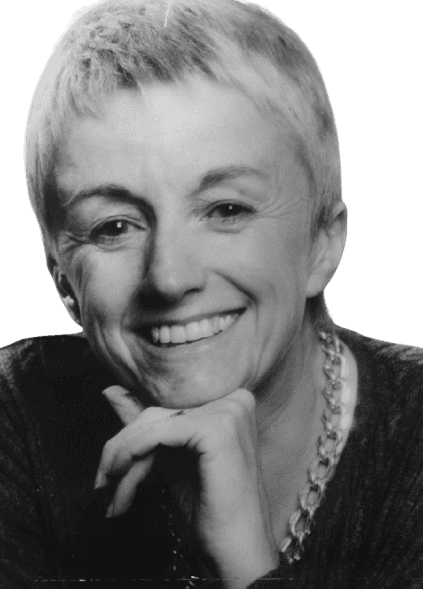Life and achievements
Early life
Doreen Massey was born on January 3 1944, in Manchester, England. Massey was born into a working-class family in Wythenshawe, a council estate, and he saw the impact of social and economic division at an early stage. These early experiences are relevant for her later research on Space, power and marginalization. She went to Oxford University to study geography, though she leaned towards economic geography as a discipline. Massey later returned to school to attend the University of Pennsylvania, where she obtained her master of science degree in regional science.
Massey's first substantive academic position was at the Centre for Environmental Studies (CES) in London, a policy institute that dealt with urban and regional policy. It was here that Massey started to form her views on the spatial division of labour, which became one of her main theories. She noted that capitalist economies always bring geographical development disparities that result in regional inequality. This early work set the tone for her later work in human geography, where she focused on the geography of power, inequality and identity.
Legacy
Doreen Massey has left an impressive mark across geography and social theory. She revolutionized the field of human geography through the development of new concepts of Space, place and power. The ideas she developed questioned such a fixed perception of geography and instead offered a process-oriented perspective of Space. Power geometry, a concept developed by Massey, is still relevant to the analyses of globalization as it reveals how various social groups are affected unequally. They are still crucial to understanding spatial divisions of labour and regional inequalities and justice.
This paper focuses on Massey's contributions to feminist geography and how she pointed out the issue of gendered power relations regarding Space and place. She became one of the pioneers of feminist geography by proposing works highlighting the spatial vulnerability of women in general, particularly working-class women. Some of the ideas Massey forwarded were also used in political arenas concerning globalization, urbanization, and justice. She was a fierce opponent of neoliberal globalization and cooperated with left-wing organizations; she was a consultant for Hugo Chavez's Venezuelan government.
Her contribution went further through writing; she wrote core works like 'Space, Place, and Gender' and 'For Space' and fought to bring geography to the fight for social justice. Massey's work is still being read by geographers, feminists, and political activists, and her ideas are still highly relevant to current discussions on Space, unfairness, and globalization.
Milestone moments
Mar 4, 1968
It was in the Centre for Environmental Studies, which I will join shortly.
In 1968, Massey joined the Centre for Environmental Studies (CES) in London, a research institute concentrating on regional and urban development.
CES offered an opportunity to cooperate with economists, geographers, and sociologists, which is why Massey actually developed her initial theory of spatial division of labour there.
Massey initiated this first significant theme to dissect how capitalist economies generate spatial polarization of power, wealth, and employment.
Mar 12, 1984
Publications of Spatial Divisions of Labour
In 1984, Massey published Spatial Divisions of Labour, which outlined her theory that capitalism has led to uneven spatial development.
The book outlined how various places achieve or fail to achieve economic prosperity as they fit into the global capitalist structures, making it a core text in economic geography.
This work also made Massey one of the most influential theorists in geography today and opened the path for her future research on Space, place, and power.
May 17, 1991
They also published "A Global Sense of Place."
1991, she published one of her most famous articles, A Global Sense of Place. In it, she deconstructs the more traditional, timeless approach to understanding place and introduces the notion of places being constituted through global links and relations.
The essay was published as a major text in human geography, offering a new progressive vision of place in the context of globalization.
This put Massey in a powerful position to continue as a radical theorist about Space and place in geography.
Jul 25, 1994
Victoria Medal from the Royal Geographical Society, London
In 1994, she was honoured by the Royal Geographical Society with the Victoria Medal for her work in geography.
This highly coveted award placed Massey among the most critical scholars of British geography and acknowledged her groundbreaking research on spatial injustices, feminist geography, and globalization.
This recognition also strengthened her status as one of the leading Space, power, and social justice theorists.
